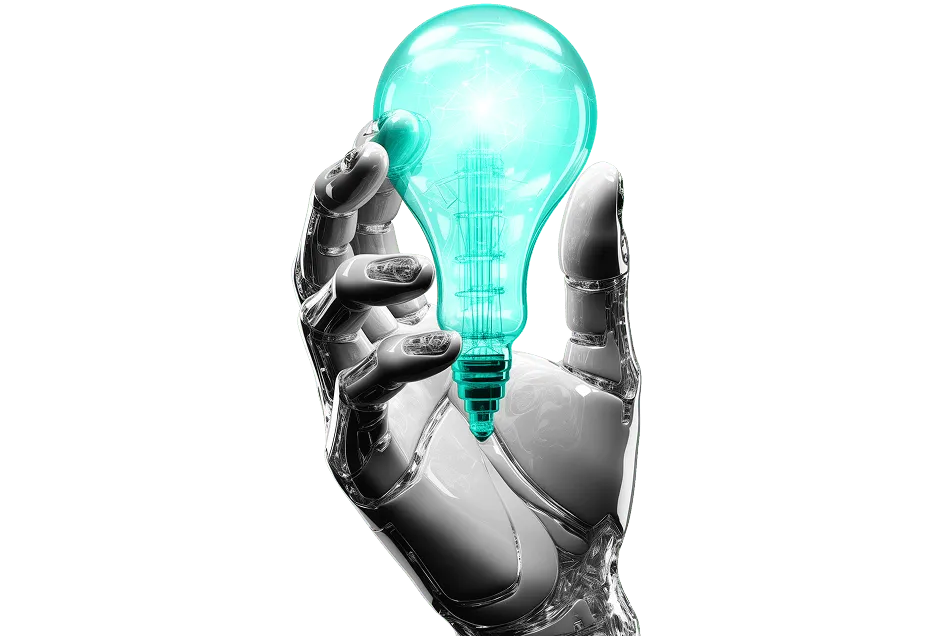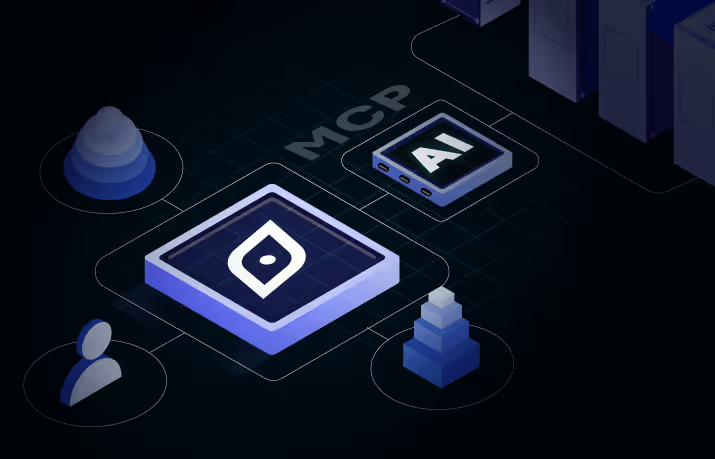Strategic Talent Management in Uncertain Times: The Secret to Building Workforce Loyalty
With a constantly evolving business ecosystem, organizations need to rethink where their employees fit into the perspective. Moreover, how can AI-powered strategic talent management assist in improving employee engagement and loyalty?
Businesses tend to focus more on recruitment and invest in creating a positive image of the enterprise for the candidate. However, what happens after the candidate joins the team is as vital as these initial efforts.
Cultivating employee loyalty using strategic talent management is imperative to direct long-term results. Loyal employees not only result in more productivity and efficiency but also help sustain the financial health of a company. A retained employee can save up to 150% to 400% of cost-to-company and bring back exceptional results in their overall performance.
During the early part of 2020, employees were being laid off to prevent the companies from drowning in debt. But as we approached the end of 2020, the same companies were now looking for teams that could lead forward amidst a crisis. The only companies that survived this chaos were the ones with the most robust corporate structures and cultures.
HR teams already have several issues at hand, from evolving remote work archetypes to employee bonus programs. However, fixing the alarming attrition rates should be prioritized, as today, around 31% of employees quit their jobs within the first six months of starting. That requires robust strategic talent management.
So let us have a look at how to foster employee loyalty.
Build Confidence in Strategic Talent Management Initiatives
More than 60% of surveyed employees revealed that they would leave their current organizations for an organization known for investing in employee development and learning.
Every employee needs to trust that the company’s strategic talent management is leading them in the right direction. When employees suspect that their careers lead to nowhere and there is no direction, they lose interest in their work and switch organizations.
So it becomes crucial to take the growth of employees into account to keep them motivated and relevant to the organization and the industry.
When the management makes career pathways specifically designed for each employee, they know where they are heading. It also shows that the organization cares more about them than their business.
In such a scenario, where one has to design custom-career progressions for their employees, AI can help. An AI-backed strategic talent management platform can recommend programs and events that would interest employees and would suit them, considering their current skillsets.
Focus on the Employee Experience
Employees are the building blocks of an organization, and each one is as important as the other. It is crucial to focus on the employee experience right from onboarding to their day-to-day experiences at the workplace. Employee experience in your strategic talent management plan includes teams, projects, a flexible work environment, work culture, training and support, a feeling of purpose and a vision for the future, and much more.
It may come across as hectic at one point to focus on all of these factors together, but a carefully devised, humanistic strategy can significantly improve the employee experience.
Today, over 70% of companies that focus on employee experience report a marked decrease in attrition rate. On the other hand, over 95% of employees stress that a well-rounded employee experience program is essential to maintain their work-life balance.
AI can help plan and develop employee experience as it can apply a data-driven lens to map out the entire organization and provide a 360-degree view of the entire strategic talent management ecosystem. AI can suggest L&D programs, create the right teams basing on skillsets and improve work culture by incorporating diversity and inclusion. It can also help craft an entire workforce plan from the bottom to help you with strategic talent management effortlessly.
Get To Know Your Employees
Managers need to engage with employees to know them better, which can significantly impact the quality of the company culture and the individual. Building a strategic talent management plan that fosters relationships with the employees extends beyond what you see and what you believe to be true.
Getting to know your employee shows that you are invested in them as individuals; this insight can also help you construct valuable incentives to drive performance.
One of the changes many companies have embraced is understanding employees’ skill sets and determining what helps them succeed while also figuring out what keeps them motivated and engaged personally and professionally.
This strategic talent management approach has resulted in significant improvements in the overall work culture, productivity, employee experience, and loyalty.
Keep Them Engaged
Employee engagement is a strategic talent management approach set in the right conditions for all members of an organization to give their best each day, be committed to organizational goals, motivated to contribute to collective success with an enhanced sense of their well-being.
It is based on trust, integrity, two-way commitment, and communication between an organization and its members on a much deeper level.
As a matter of fact, the businesses that scored the highest on employee engagement showed 21 percent higher levels of profitability than units in the lowest quartile. Companies with a highly engaged workforce also scored 17 percent higher on productivity.
With a bit of understanding and planning, one can craft a comprehensive employee engagement plan using specific tools for talent management. There are several tried-and-tested ways of retaining employees and keeping them loyal like a family because as long as there are loyal employees, a company’s foundation stays strong.
Draup is an AI-driven strategic talent management and reskilling platform with extensive knowledge of the talent market. Its predictive technology is helping HR teams to keep up with evolving skill requirements and strategic talent management.










.svg)

















.svg)





.svg)





.svg)
